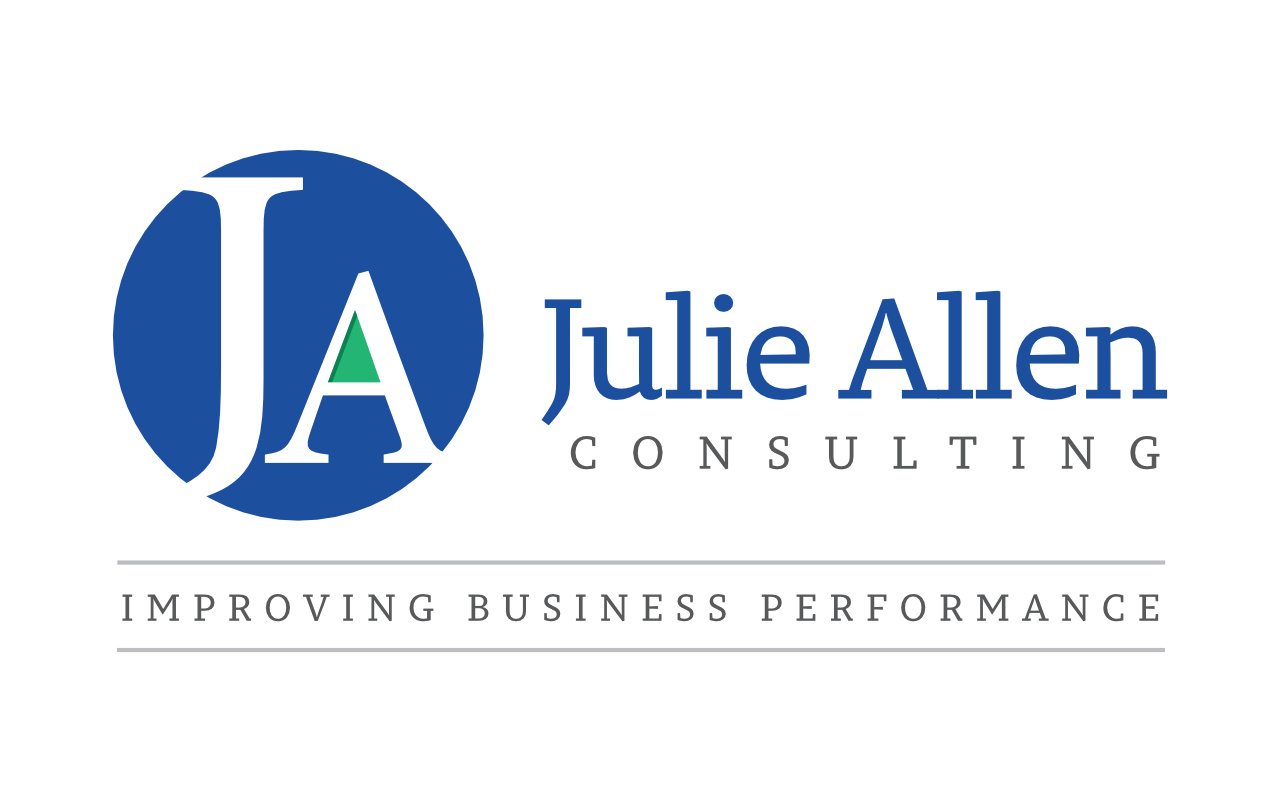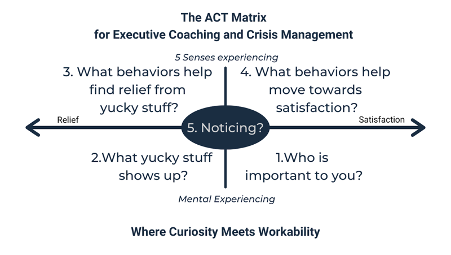ACT for Mental Health in the Workplace
10th October was World Mental Health Day and this year's theme was Making Mental Health & Well-Being for All a Global Priority. The purpose of World Mental Health Day is to raise awareness of mental health issues around the world and to mobilize efforts in support of mental health.
The World Health Organisation (WHO) believes "the COVID-19 pandemic has created a global crisis for mental health, fueling short- and long-term stresses and undermining the mental health of millions. Estimates put the rise in both anxiety and depressive disorders at more than 25% during the first year of the pandemic. At the same time, mental health services have been severely disrupted and the treatment gap for mental health conditions has widened."
So my October masterclass, ACT for Mental Health in the Workplace, was dedicated to improving mental health and well-being in the workplace.
Acceptance and Commitment Training (ACT) is a form of psychotherapy and a branch of clinical behavioural analysis developed to be used within the workplace. It’s an evidence-based approach to improving well-being by developing the super skill psychological flexibility.
Research supports that psychological flexibility is the single most commonly proven skill of importance to mental health and well-being.
During this one-hour masterclass, I provided a background to ACT and demonstrate how you can use the ACT Matrix to improve your mental health and well-being.
The World Health Organisation (WHO) define a healthy workplace as “one where employees and managers work together to protect and promote their health, safety and wellbeing and the sustainability of the business.”.
To improve mental well-being it is first important to develop psychological flexibility. Psychological flexibility is engaging in workable behaviour in the presence of unwanted thoughts, feelings and emotions. Research shows that psychological flexibility is the cornerstone of good psychological health and well-being and has recently been described as a super skill.
To help improve psychological flexibility, I work from a particular point of view: the ACT Matrix.
The Matrix is split up into two halves and four quadrants. The top half is for five-senses experience. Everything you can touch, taste, see, smell, and hear goes up in that half. The bottom half, on the other hand, is for internal experience. It encompasses our thoughts, feelings, memories, and sensations. There’s also the right and left sides, which represent satisfaction and relief, respectively. Each quadrant contains a question or category, and when I walk people through the Matrix, I take them through each one.
Secondly, to have meaningful conversations with your team about their mental well-being it is also necessary to develop psychological safety. Amy Edmondson defines psychological safety as “a climate in which people are comfortable expressing and being themselves.”
To set the context for psychological safety I use the ProSocial Matrix which looks almost exactly the same as in the ACT Matrix, apart from one question. Rather than asking who’s important in the lower right, I ask what the shared purpose is, immediately shifting the context away from the individual to the group. The shared purpose is most likely going to be the services that the organisation provides for its users.
As isolation and feelings of being overwhelmed continue to have an impact on the mental well-being of workforces leaders know how to create environments where people feel that they can speak freely about how they feel. In other words, psychological safety needs to be a priority for everyone looking to develop the well-being of their team.
During this 1 hour masterclass, I will help you understand:
What Psychological Flexibility is and why it is important
How you can use the ACT Matrix to improve your mental health and well-being
What attendees said about this masterclass:
“As always - a great way to refocus on what’s important. THANK YOU!”
“Thanks, Julie, yes that was great. When I have my full team back again I think I will do this with them!”
“Thank you for your wisdom.”
Do you need further help?
If so, I offer a complimentary call to discuss your requirements and how we might work together.
ACT for Mental Health in the Workplace


